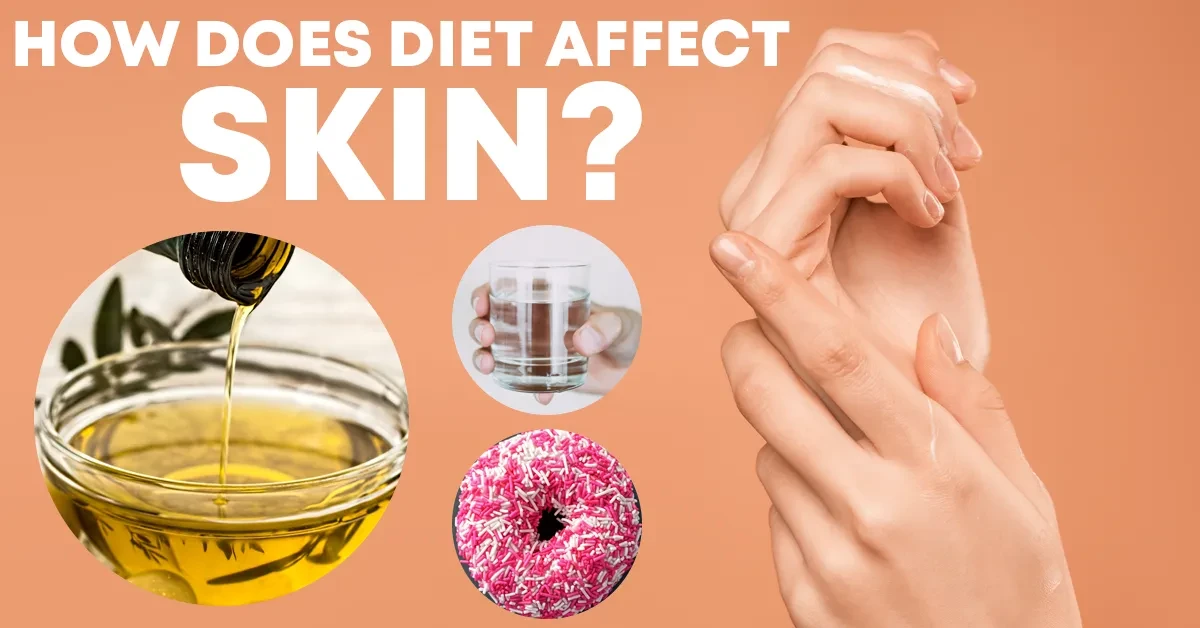How Diet Affects Your Skin Health
When it comes to maintaining healthy skin, many people focus on skincare products and routines. While these are certainly important, your diet also plays a significant role in the health of your skin. What you eat can have a direct impact on how your skin looks and feels. In this article, we will explore the ways in which diet affects your skin’s health and provide tips on how to improve your diet for better skin.
Key Nutrients for Healthy Skin
There are several key nutrients that are essential for maintaining healthy skin. These include:
Vitamin C: Known for its antioxidant properties, vitamin C helps to protect the skin from free radical damage and promote collagen production.
Vitamin E: Another powerful antioxidant, vitamin E helps to protect the skin from sun damage and moisturize the skin.
Omega-3 Fatty Acids: These healthy fats help to keep the skin hydrated and reduce inflammation, which can improve conditions like acne and eczema.
Zinc: Zinc is essential for wound healing and can help to reduce inflammation in the skin.
Water: Staying hydrated is crucial for maintaining healthy skin, as dehydration can lead to dryness, flakiness, and dullness.
Effects of a Poor Diet on Your Skin
Consuming a diet high in processed foods, sugar, and unhealthy fats can have negative effects on your skin. These include:
Acne: Diets high in sugar and dairy products have been linked to an increase in acne breakouts.
Wrinkles and Fine Lines: A lack of antioxidants in your diet can accelerate the aging process, leading to the development of wrinkles and fine lines.
Dryness and Inflammation: Processed foods and unhealthy fats can strip the skin of its natural oils, leading to dryness and inflammation.
How to Improve Your Diet for Better Skin
If you want to improve the health of your skin through your diet, consider making the following changes:
Load Up on Fruits and Vegetables: These foods are packed with vitamins, minerals, and antioxidants that promote healthy skin.
Choose Healthy Fats: Opt for foods rich in omega-3 fatty acids, such as salmon, walnuts, and flaxseeds.
Stay Hydrated: Aim to drink at least eight glasses of water a day to keep your skin hydrated and glowing.
Avoid Sugar and Processed Foods: These foods can wreak havoc on your skin, so try to limit your intake as much as possible.
Conclusion
Your diet plays a crucial role in the health of your skin. By incorporating nutrient-rich foods and staying hydrated, you can improve the appearance and overall health of your skin. Paying attention to what you eat and making smart food choices can go a long way in maintaining healthy, glowing skin.


